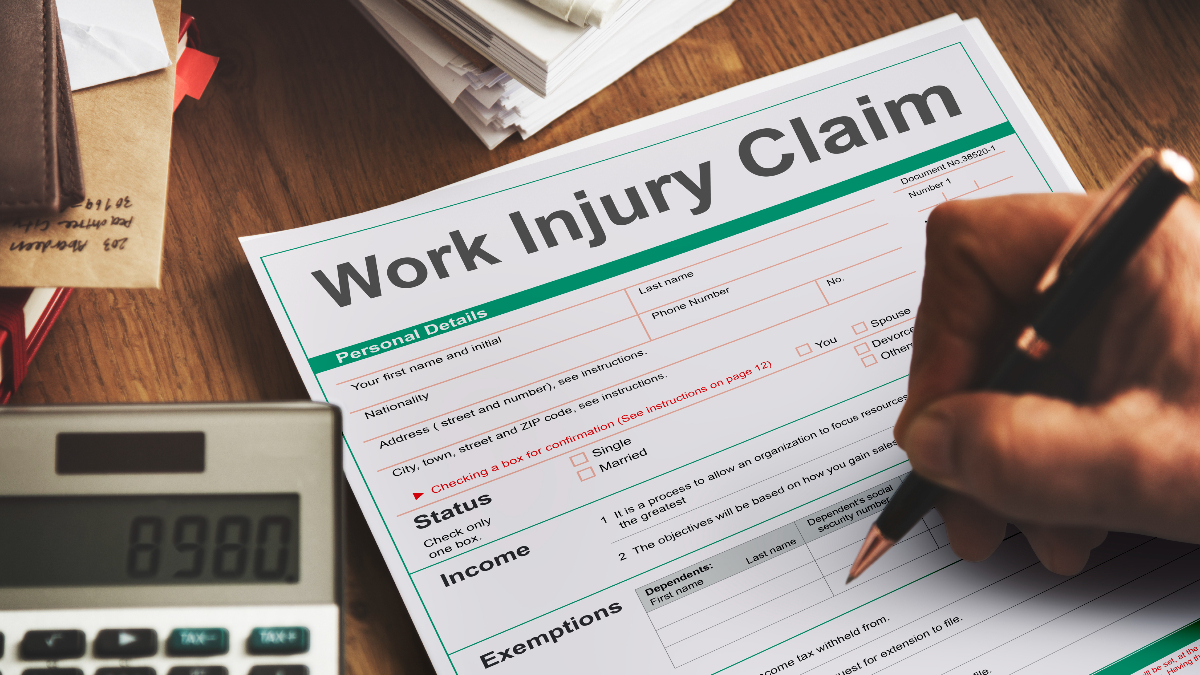Workplace injuries happen more often than you may think. Statistics show that about 340 million occupational accidents occur each year. Although some of these accidents are usually minor with no long-term repercussions, some accidents can be fatal. Others leave workers permanently disabled, making it impossible to resume their previous lifestyles.
You must stay proactive to protect your rights after getting involved in a workplace injury. It doesn’t matter if it’s a severe or minor accident; you deserve to receive proper medical care and get any compensation owed.
So, below are the critical steps you must take after being involved in an occupational accident:
1. Seek Medical Help Immediately
The first priority after getting into an occupational accident is seeking medical help. If you need emergency help, you can go to the nearest medical center. However, you should know that some employers have agreements with different medical institutions. Therefore, after receiving emergency help, speak to your employer and ask which medical center you should go to.
That’s very important because it can make all the difference in whether you’ll get compensation or not. Ignoring your employer’s recommendation could mean you forfeit any benefits that you may qualify for.
When seeking medical help, be sure to discuss all the injuries suffered. Tell the doctors how the injuries occurred and make sure they note that the accident happened at your workplace.
Seeking medical help promptly protects you in various ways. First, you will get the much-needed medical assistance to ensure a full recovery. This is good for your own well-being. Second, it helps build your case for compensation. The medical records will come in handy when filing your compensation. Moreover, they’ll help you justify the compensation figures.
2. Report The Accident To Your Employer
You must report the accident to your employer as soon as possible. Give the fine details of what exactly happened. In addition to making a verbal report, submit a written report of the incident. Make sure to keep a copy of that report.
One mistake many workers make is not reporting an accident because the injuries are “minor.” Or choosing to “wait it out” and see if the injuries can disappear on their own. That’s a bad idea and could cost you the compensation you deserve.
Always report a workplace accident to your supervisor regardless of how minor it may seem. Besides helping build your compensation case, your report can improve the safety of your workplace. Your employer may have to introduce new gear, change the floor plan, or introduce new safety measures. These measures will reduce the risk of having another innocent worker getting injured in the workplace.
3. File For Compensation
Once you’ve received medical help and reported the incident to your employer, the next step involves filing for compensation.
The procedure for filing for compensation varies from state to state. Speak to your employer to better understand how the process goes in your local area. The employer will also give you the necessary paperwork to fill, and they’ll guide you on the next steps to follow.
If the employer is uncooperative, call the local worker’s compensation office. They will guide you on what to do next.
You should also know that different states have different deadlines for filing for worker’s compensation. Make sure you’re aware of the deadline in your specific state.
4. Keep Up With All Medical Appointments
In some cases, you will have to go through multiple medical appointments before making a full recovery. For example, you may be requested to undergo several weeks or months of physiotherapy.
It’s imperative that you keep up with all the appointments your physician directs. This will help maintain the integrity of your compensation claim. It also adds to the medical evidence you need to get your compensation. But, more importantly, it’ll ensure you regain full recovery to resume your normal life.
5. Consider Hiring An Attorney
Consider hiring an attorney to handle your case. A lawyer can help speed up the process. As the attorneys at https://www.teddyandmeekins.com/our-communities/lincolnton/workers-compensation-lawyer/ explain, a worker’s compensation lawyer can also negotiate with your employer and their insurance company to get you fair compensation. They will relieve you the burden of filing compensation claims leaving you with enough time to focus on recovery.
Be sure to hire an attorney that specializes in worker’s compensation cases.
6. Document Everything
Keep track of all the documents regarding your compensation case. First, make sure you have copies of all the reports you’ve filed with your employer. Next, keep copies of all medical documents regarding your case. That includes any receipts of payments made.
It’s also good practice to maintain all communications exchanged with your employer and any other party involved. These documents will serve as your evidence should there be any issues down the road.
That’s what to do when you get into a workplace accident. Follow these steps promptly, bearing in mind compensation claims have deadlines.

